-
Normal Skin Type
Skin that is considered normal is neither excessively oily nor excessively dry. As a result, your soap must be as impartial as your skin. Avoid soaps formulated for either dry skin or oily skin. Using the wrong soap can clog your skin pores or make your skin extremely dry. It is preferable to opt for a soap that is mild and keeps the pH balance of your skin. Consider using herbal soaps.
-
Oily Skin Type
People with oily skin produce too much sebum. Acne breakouts are more likely to occur on skin like this. Make sure to constantly cleanse your face and stay away from harsh soaps. Look for components like salicylic acid, benzoyl peroxide, tea tree oil and aloe vera, oatmeal, sea salt, etc. These aid to remove extra oil from your skin while being kind to your skin. Ensure that your soap is non-comedogenic as well.
-
Dry Skin Type
Dry skin results from decreased sebum production. Dry skin sufferers frequently experience itching, flaking skin, dry patches, etc. For this reason, the finest components to search for in your soap are glycerin, cocoa butter, coconut oil, shea butter, olive oil, jojoba oil, and aloe vera. Moisturizing qualities have been added to these substances.
-
Sensitive Skin Type
Skin irritation and allergy responses are more likely to occur in those with sensitive skin. You should therefore pick calming and moderate formulas. Artificial perfumes, alcohol, and sulphates have no place in soap. Choose a soap that is made with natural components and won't hurt your skin.
-
Combination Skin Type
Dry and oily skin types are considered combination skin types. Avoid using soaps designed exclusively for oily or dry skin if you have this type of skin. For people with combination skin, glycerin soaps can be a decent option.

